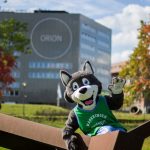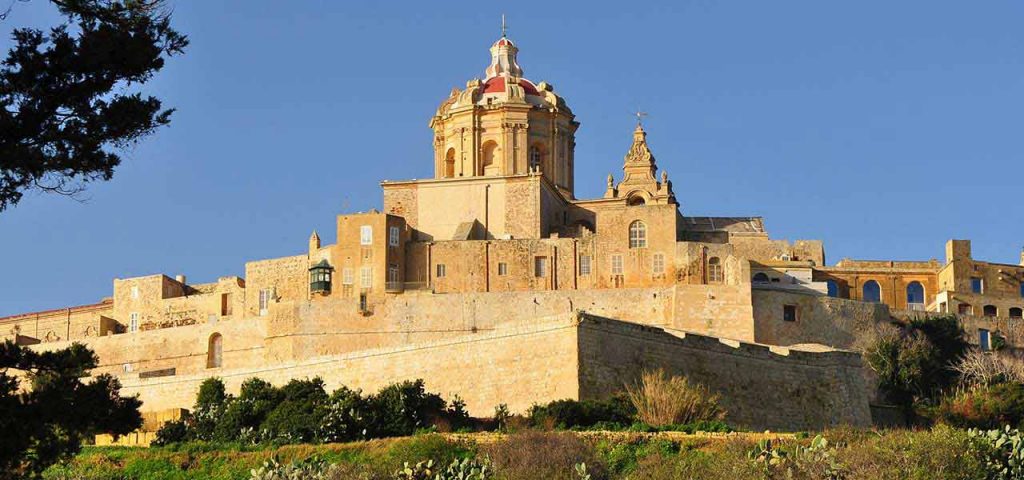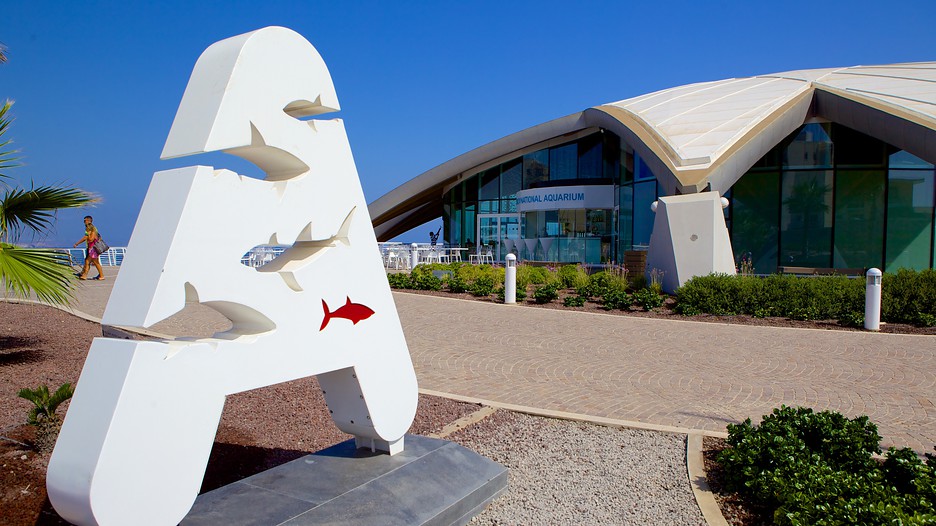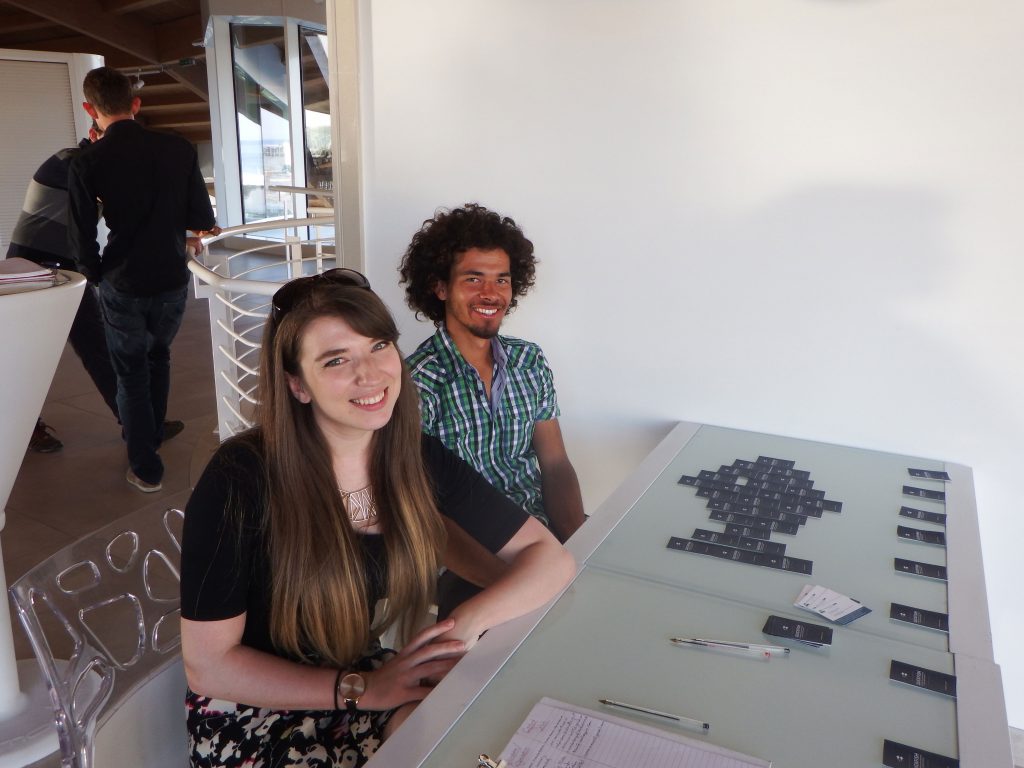My experience as European Workshop project manager.
Fasten your seat belts, we are going to Malta.
By Francisco Xosé Presas Basalo
The European Workshop Environmental Sciences and Management is a consultancy training provided by Wageningen University. On it, an interdisciplinary and multicultural group of 30 students undertake a real consultancy project for a client in another country than the Netherlands. I had the opportunity to be part of a European Workshop that brought us to Malta. It was one of the best experiences of my life, so I definitely encourage everyone to embark on the European Workshop.
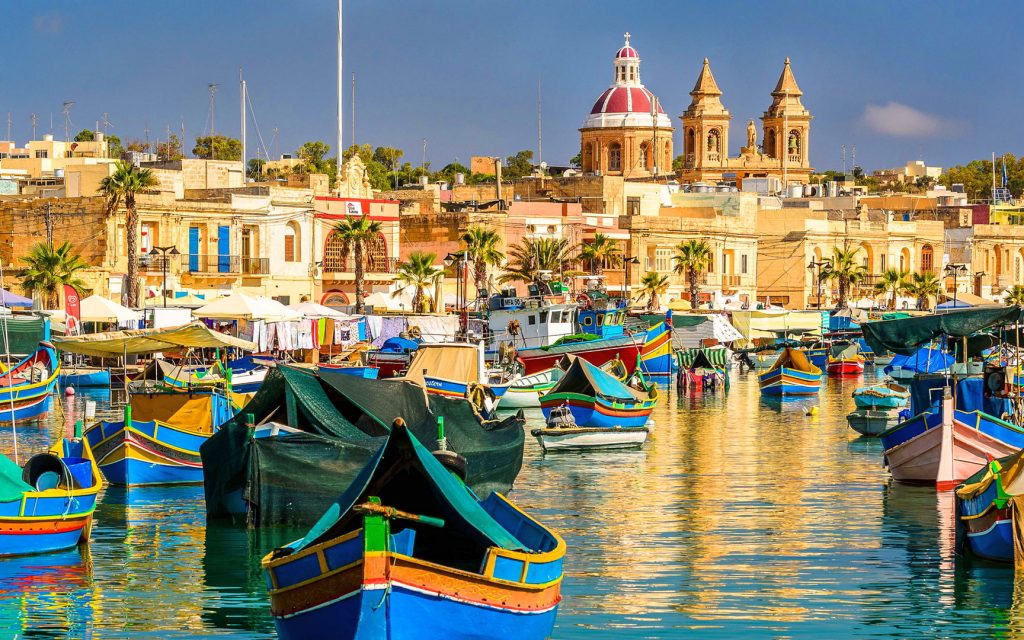
Marsaxlokk is a small fishermen Maltese town. We got the opportunity to research a topic with high impact in a paradisiac location.
A workshop to solve a real problem that has an impact.
Wageningen University trains students to be future experts by tackling current problems. In the European Workshop, student workforce is mobilised to solve a real problem. As many current problems, their solution requires a multidisciplinary approach. Hence, the European Workshop mixes students from different MSc programs, backgrounds, and countries.
Wageningen students developed some videos to increase awareness in Malta.
The exciting part of this type of training is that you will be part of the solution to the problem and your work will have a real impact. The results of our Maltese workshop helped our client -Fish4Tomorrow- to manage their resources to increase awareness regarding sustainable consumption. Besides, with the data we gathered, Wageningen students developed some videos to increase awareness in Malta, (and all over the world as well, as it is on the internet) as you can see below. The European Workshop is an intense experience that requires the best of you, so better be ready for it.
Rethink your fish choice.
Demand sustainable fish.
Tips and tricks, organizing groups, and networking
In your first day of European workshop, you will meet all your colleagues, along with those ones that will be part of your geogroup and expert group. The geogroups are subgroups that study particular areas of the studied country (our case due to the manageable size of Malta to move around), or neighbourhoods of a city (the case of the other European Workshop projects of our year, Porto and Brno).
I recommend joining the management team if you want to shape your organisation and leadership skills.
The expert group are specialised groups that will tackle various aspects of your topic, such as the public opinion, the political and economic situation, or future scenarios. The different geo- and expert groups are coordinated by the management team composed of one member from each group. I recommend joining the management team if you want to shape your organisation and leadership skills. You will have to spend some extra time in guiding the geogroup efforts and in supporting other groups, but you will learn a lot and it is really rewarding.
The European Workshop will connect you with different people and different institutions, not only in Wageningen but also in your destination. Hence, keep your eyes and ears open, and analyse any possible opportunity to meet interesting people, institutions, companies, etc. that could potentially be of interest for you, either for an internship, thesis, or job opportunities. It is also an excellent place to network, so get the most out of it. The stakeholders we met included politicians from the Maltese government and parliament, the Malta Aquaculture Research Centre, aquaculture companies, the Maltese National Aquarium, and various NGOs.
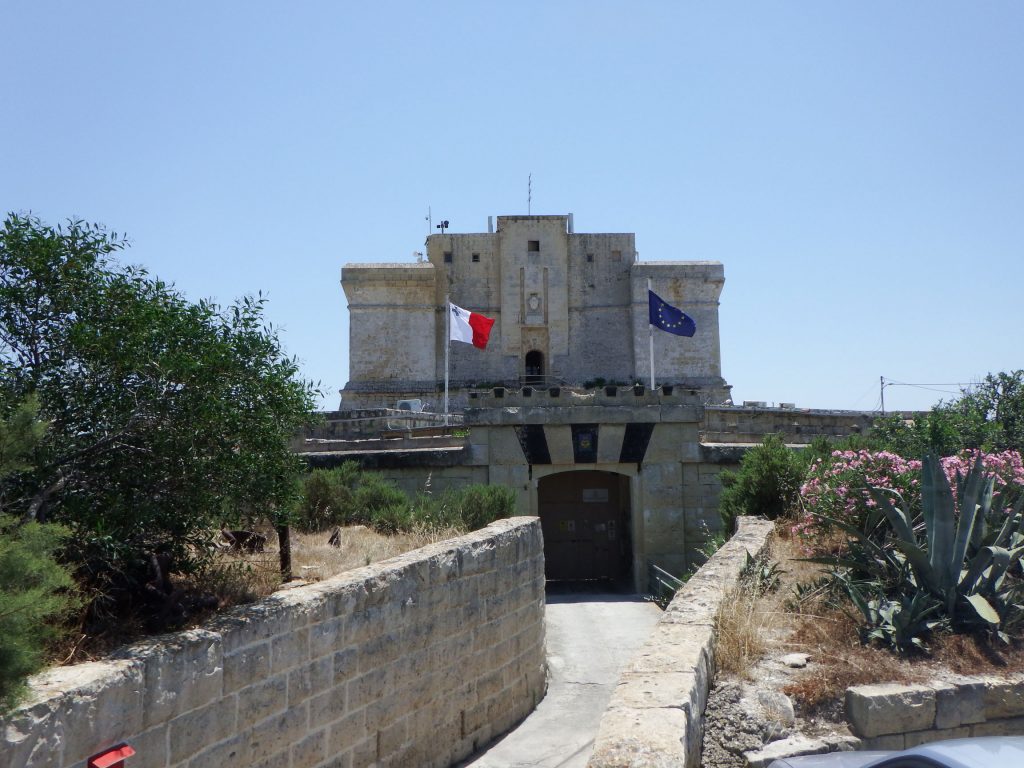
Get the chance to meet relevant stakeholders and expand your network. In the picture the Maltese Aquaculture Research Centre.
The three phases of the European workshop: preparation, data gathering, and finalisation.
The first three weeks of the European workshop is a preparation phase that takes place in the Netherlands. During these three weeks, we looked for previous relevant literature, developed our questionnaires and observation protocols, arranged interviews with Maltese stakeholders, and prepared ourselves to go to Malta.
The more you do in this phase the most prepared you will be for the field work in your destination. When developing surveys, interviews, and observation protocols it is important to test them with people that are not involved in your topic to see how they work and it goes in a real situatio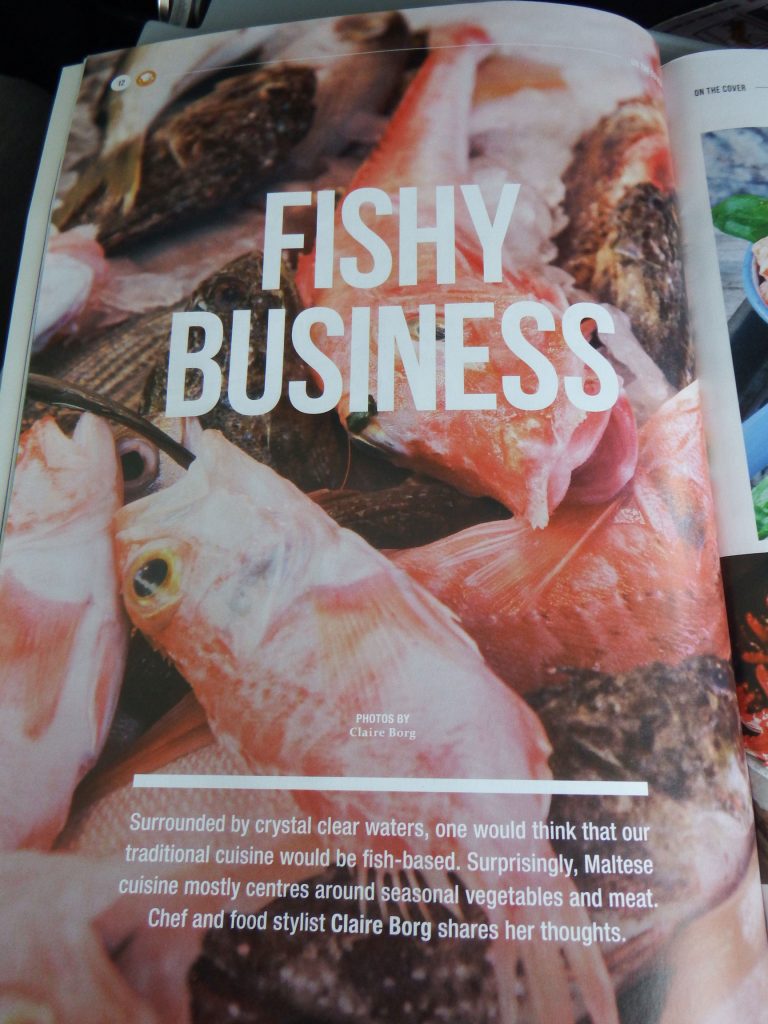 . We went to the market in Wageningen to fill some surveys with Dutch people. By doing this we checked that some questions were unclear or misleading and we rephrase them before printing the 700 surveys that we brought to Malta. Preparation and anticipation are essential. However, sometimes it is impossible to arrange things in advance, some interviews will be arranged on the location; and once there, you most likely will find stakeholders that happen to be very relevant, but somehow you did not know about them till you got there. It might sound weird but preparing to improvise during the preparation is a good advice.
. We went to the market in Wageningen to fill some surveys with Dutch people. By doing this we checked that some questions were unclear or misleading and we rephrase them before printing the 700 surveys that we brought to Malta. Preparation and anticipation are essential. However, sometimes it is impossible to arrange things in advance, some interviews will be arranged on the location; and once there, you most likely will find stakeholders that happen to be very relevant, but somehow you did not know about them till you got there. It might sound weird but preparing to improvise during the preparation is a good advice.
We had a report about fisheries in Malta in the magazine of the airline. Our data gathering started before even landing on Malta.
Finally field work in Malta,…
When we arrived in Malta we had two weeks to gather as much information as possible regarding our topic. We spend whole days under the harsh sun of Malta running everywhere to fill the surveys, interview the stakeholders, attend relevant meetings, and making observations. It was awesome to do the fieldwork in such a beautiful country, yet we did not have a lot of time for sightseeing. During the two weeks of fieldwork in Malta, I felt like I was in a race to gather as much information as possible. Besides, the fact that there are 5 geogroups makes it nice to establish a competition to see who can make more questionnaires for instance. The European Workshop is really time consuming but most of the evenings are free and you can spend time on your own to visit other areas, relax, having dinners with your colleagues, etc.
My geogroup studied fish consumption in the lovely medieval city of Mdina and its surroundings.
… and some fun in Malta as well.
The weekend is free as well, so you will have two days that you can arrange as you please. However, I recommend organising something on one of these two days for the whole group to do some extra team building. We organised a trip to Gozo, the second island of the Maltese Islands. The idea of this trip was to dive in some beautiful locations that this island has. We went to the Blue hole and the Azure window (this last one was unfortunately destroyed by a storm recently). Some people had diving experience, and for some others (like me) it was the first time. Regardless of our experience we all had fun and it was a great day for all of us. After the fun weekend, we went into the second week, as busy, if not more, as the first one. We concluded our Malta experience by giving a presentation to the stakeholders at the Maltese National Aquarium, followed by a party night in which most of us did not sleep as the departure of our plane was scheduled at 6:50 AM.
We had our preliminary results presentation at the Maltese National Aquarium. A beautiful venue for an outstanding audience.
My personal experience in the geo- and expert groups.
My geogroup was Central Malta, so I had to research a fish topic in the only Maltese geogroup that did not have coast. It was funny to see how my interviewees kept on telling me that if I wanted fish and fish restaurants I should have gone to the coast. However, our geogroup did great in gathering useful information and our work served to establish a comparison with the other geogroups that had a coastal location, along with a detailed study on fish consumption in central Malta.
My expert group dealt with future scenarios of sustainable fish consumption in restaurants. We were all new in developing future scenarios, so it was really challenging and we had to give our best. In the end, we managed to develop four future scenarios equally sustainable and feasible so the client could choose the one they prefer to focus their resources on developing it.
Finalising and delivering
After this intense trip, it comes what is called the writing phase in which you have to analyse the data you have gathered in the field work and write a report that can be used by the client to solve their problem. The final document includes a general report that contains all the areas of expertise studied (expert groups), and 5 independent georeports that analyse the areas studied. Developing such a document entails lots of hard work and writing. The last three weeks are really demanding, intense, and time is precious because the deadline is approaching. However, don’t panic because you are not alone and you will have 29 colleagues to write altogether an amazing report. Just go for it and give your best.
My colleagues Hannah Barnes and Ewout Knoester with lots of fish guides and plenty of energy to increase awareness.
What about you?
Now tell us about you. Have you done a European Workshop as well? How was it? Where did you go? What was it about? Are you planning to do a European Workshop as the modality of your ACT? Let us know by commenting below.

